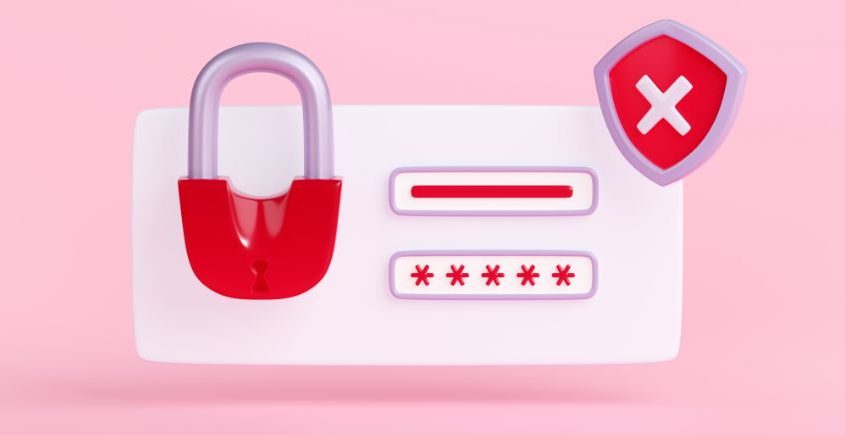Why won’t browsers like your site without an SSL certificate?

It is not possible to use the Internet without a computer and a web browser. Internet users need a browser to view websites—to “surf” the web—while companies and entrepreneurs need it to display their own web pages for potential customers. As a result, browsers are in a privileged position and can dictate terms to their business partners, namely website owners.
Why do browsers care so much about SSL certificates?
Web browsers are computer programs used to retrieve and display web pages and to play multimedia files. They are now beginning to require the installation of SSL certificates on websites. SSL certificates are network protocols designed to establish secure Internet connections. Their primary function is to ensure a high level of confidentiality for data transmitted over the Internet. Secure connections mean a safer Internet, and that’s what browsers are striving for.
Until recently, the Internet was built on the HTTP (Hypertext Transfer Protocol) standard, which served us well for over twenty years. In the past year, however, increasing attention has been paid to a key issue: insufficient security online. Information transmitted via the HTTP protocol is sent in plain text, meaning it can be relatively easily intercepted, modified, and exploited, for example, by inserting oneself between the user and the server—this is known as a man-in-the-middle attack.
Installing an SSL certificate enables the use of the HTTPS (Hypertext Transfer Protocol Secure) protocol, which is a newer and much safer version of the old HTTP protocol. HTTPS connections use encryption to authenticate the server and to protect the transmitted information. Consequently, web browsers are beginning to require SSL certificates as a basic standard, because information security is now more important than ever.
“Annoying” Browsers
In recent years, web browsers have become “annoying” toward those who do not use HTTPS connections. In practice, this means that they can effectively deter users and customers. How so? Well, if a given website does not have an SSL certificate installed, a warning appears on login forms indicating that the connection is unsafe. More and more browsers are using this tactic, and since January of this year, Google and Mozilla have been labeling HTTP sites as “Not Secure.”
This situation becomes truly serious when such warnings pertain to e-commerce sites, as they can effectively scare customers away. Those customers may then choose to use a competitor’s site, which has an SSL certificate and therefore does not display any danger warnings. The browsers’ goal is, of course, the consistent elimination of unsafe connections. This is also related to the emergence of a new version of the HTTPS protocol, which browsers support and which operates on encrypted, secure connections.
Therefore, when facing the dilemma of investing in an SSL certificate, it’s worth considering that investing in the SSL protocol is significantly cheaper than risking the potential loss of customers or users of your website.
